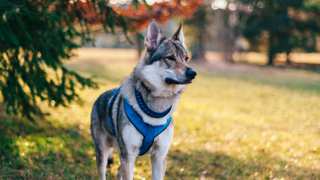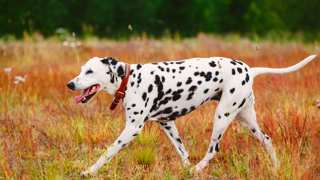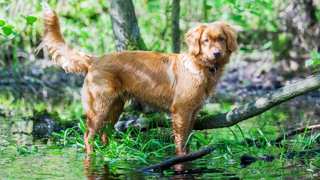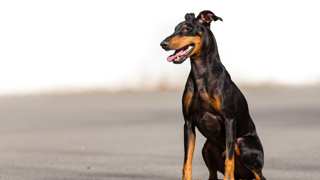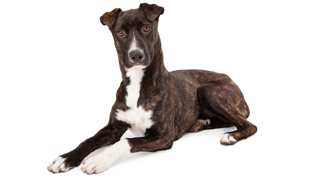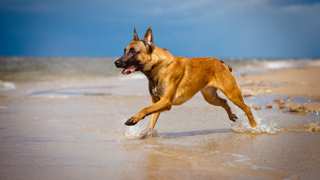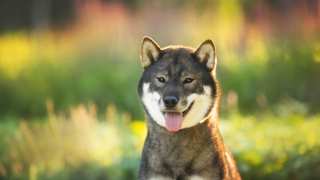Like that of all breeds, the Canaan Dog diet will need to include lots of animal proteins and carbohydrates for energy, vitamins and minerals for digestive and immune health, and omega fatty acids for coat and skin wellness. This means the best food for Canaan Dogs is the premium dry kind, because it contains balanced portions of the above-listed nutrients the dog needs to sustain its health in the long term. Giving your Canaan Dog food that is cheap or generic is not recommended, because it contains mostly empty "filler" ingredients that are unhealthy, are harder for the dog to digest, and may even shorten the dog's lifespan if consumed on a daily basis.
Royal Canin, Blue Buffalo, and Taste of the Wild are three recommended brands that carry excellent lines of premium dry food.
And yes, this high-quality food is expensive--but the good news is that your Canaan Dog won't eat too much of it at once! The typical adult Canaan, depending on its age, size, and activity level, will only need about 2½ cups of premium dry food per day, divided into two meals. Canaan puppies, again depending on age, will need a bit less: about 1¾ cups per day, divided into three meals (not two) until six months of age.
For further details on feeding a Canaan Dog from puppyhood through maturity, refer to the following:
Dog AgeDog WeightFood TypeAmountFrequency2 Months8 lbsDry (Puppy formula)0.25 cups3x/day3 Months15 lbsDry0.4 cups3x/day6 Months25 lbsDry0.6 cups3x/day9 Months35 lbsDry* (Puppy/Adult)1 cup2x/day11 Months+45 lbsDry (Adult formula)1.25 cups2x/day*--Around this time, transition to adult food by first mixing in a bit of adult formula with the puppy formula. Over the course of a week with each meal add a little more adult food to the mixture, until the dog is eating it entirely.
If possible, try and stick to the above-listed portions. Though this breed isn't especially prone to obesity, it can certainly become overweight if constantly overfed (and under-exercised)--and a fat Canaan Dog will have joint, digestive, and breathing problems, not to mention a potentially shortened lifespan. You can help control your Canaan's weight by having consistent feeding exercise schedules, by not feeding the dog table scraps, and by not leaving food in the dog's bowl all the time, thereby allowing it to eat anytime it wants. It's better to put your Canaan's bowl down only at mealtimes, then pick it up a few minutes after the dog begins eating.
If you're worried your Canaan Dog is overweight, give the dog this simple test: run a hand along its side, and if you can't feel any ribs, it's diet time. Reduce the dog's daily food consumption by one-fourth, and add an extra walk or play period to its daily exercise schedule.
